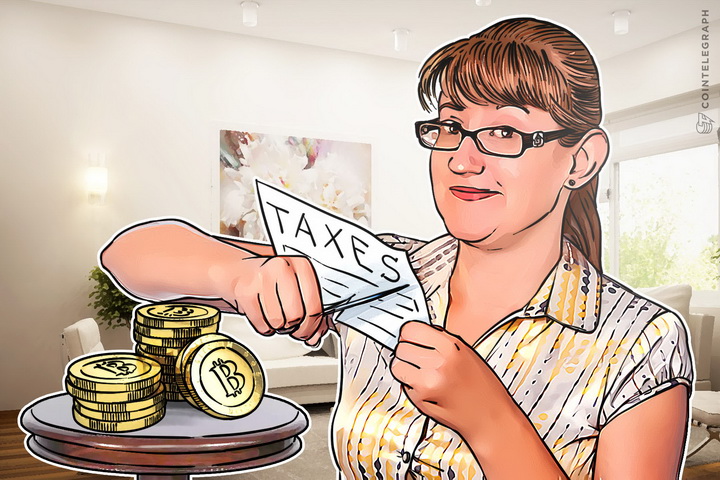For a month starting May 3, The Treasury of the Australian government will be accepting submissions from interested parties to comment on a newly-released discussion paper entitled ‘GST treatment of digital currency’ as part of the 2016-17 Budget.
The Treasury says the government has realized that consumers are ‘double taxed’ when using digital currency to purchase anything already subject to GST – Goods and Services Tax. It added that this treatment may be preventing the use of digital currencies and hindering their further development.
Jennifer Dudley-Nicholson, National technology editor in the Herald Sun, writes:
“Australia has emerged as the surprise world leader in digital currency after the Turnbull Government revealed plans to reduce tax on Bitcoin transactions and create ways to test other intangible currency in the country. The announcement came the day after Brisbane computer scientist Craig Wright publicly revealed himself as the currency’s creator, putting Australia at the centre of the controversial cryptocurrency.”
Digital Currency - Game Changer or Bit Player
The discussion paper provides background and questions for consultation on the potential approaches available to identify digital currencies in the GST law and change their GST treatment to remove ‘double taxation’. Interested parties are expected to lodge their submissions electronically or by post.
However, in a government response to the senate economics references committee report: Digital Currency—Game Changer or Bit Player on May 5, it agrees that consumers should not be subject to the GST twice when using digital currency to purchase goods or services.
This comes after the committee’s view that digital currency should be treated as money for the purposes of the GST and its recommendation that the government consults with the states and territories to consider amending the definition of money in the A New Tax System (Goods and Services Tax) Act 1999.
The Government notes another recommendation that further examination of appropriate tax treatment of digital currencies be included in the taxation white paper process, with particular regard to income tax and fringe benefits tax.
This refers to a series of rulings released in December 2014 by the Australian Taxation Office (ATO) which provided clarity to taxpayers on the income tax, fringe benefits tax and capital gains tax treatments of Bitcoin and other digital currencies as they share similar characteristics.
FinTech - Opportunities and Risks
The Government also agreed with the committee to consider establishing a Digital Economy Taskforce to gather further information on the uses, opportunities and risks associated with digital currencies. This is to enable regulators, such as the Reserve Bank of Australia and the Australian Securities and Investments Commission, to monitor and determine if and when it may be appropriate to regulate certain digital currency businesses. It agreed to the statutory review to consider applying Australia’s anti-money laundering and counter-terrorism financing AML/CTF regulations to digital currency exchanges.
As part of its FinTech statement – Backing Australian FinTech – released in March 2016 which sets out a clear strategy and agenda for FinTech, the Government says it has been working with the FinTech Advisory Group on options to reform the current GST treatment of digital currencies. The group comprises of representation from FinTech firms, digital currency businesses, venture capital investors, legal advisers and incumbent financial services firms.
In the meantime, the Government says it supports the work of the Australian Digital Currency Commerce Association (ADCCA) to continue to improve industry standards for digital currency businesses, including via the development of a self-regulatory model.
Beau Bertoli, Prospa's CEO, says to ABC:
“You know, there are countries like America heading up into Europe and the UK, China even, that are unfortunately many years ahead of where Australia is at in relation to the development of their fin-tech communities. It's great to see some initial positive steps from the Federal Government in relation to supporting the fin-tech community, but I think there's a long, long way for us to go to have the type of settings to have the fin-tech community to thrive.”
